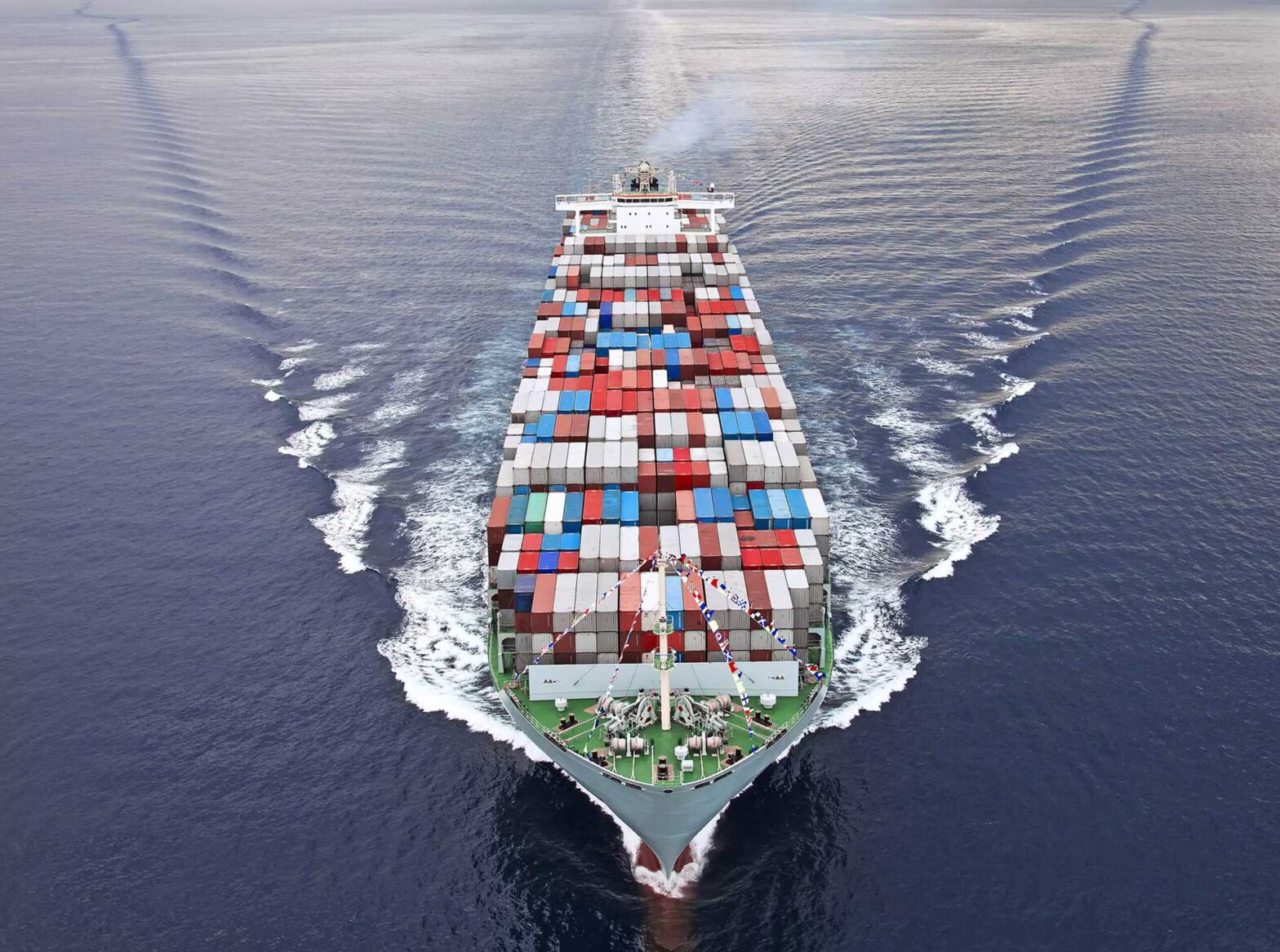IFAW REPORT: Economic analysis of impacts of vessel speed reduction in European waters
Today, at an event within the European Parliament, the International Fund for Animal Welfare (IFAW) has published a report showcasing the conclusions of an economic analysis conducted by the independent research firm CE Delft, on the impacts of a speed reduction limit to 75% of design speed for all vessels navigating in European waters.
This proposal, called Blue Speeds for shipping, represents a simple and effective way to reduce underwater noise from vessels, which affects a wide range of marine animals, but also the risk of ships colliding with marine mammals, the amount of air pollution and greenhouse gas emissions from vessels. It also allows the shipping industry to save on fuel expenses. The report demonstrates that even with a conservative perspective, and without considering the intrinsic value of nature spared thanks to such a measure, the economic and social benefits would outweigh the associated costs.
«We already knew about the positive effects of vessel speed reduction from an environmental perspective. The findings of this study provide kind of the missing puzzle piece», states Nicolas Entrup, Director International Relations at OceanCare.
According to the European Maritime Transport Environmental Report published in 2021 by the European Environment Agency (EEA) and the European Maritime Safety Agency (EMSA), between 2014–2019, the total accumulated underwater radiated noise has more than doubled in EU waters. So far, the International Maritime Organisation has not adopted any mandatory vessel speed limit measures, nor any mandatory measure for underwater noise reduction, therefore an action at European level would be extremely relevant.
As highlighted in the new report by IFAW, cruising not faster than at 75% of maximum ship design speed for navigating through European waters would only require ships to slow down by 5 to 10% on average compared with current speed performances, depending on the ship type. «It would require a relatively small effort to generate significant benefits» comments OceanCare the conclusions of the study.
A mandatory and harmonized speed limit, differentiated by categories and sizes of ships, would enable to maintain a level-playing field between hipping companies. Of course, the baseline design speeds on which the speed limitations will be based on should be carefully determined. Exceptions should also be made possible in case of technical limits or potential undesired effects.
The CE Delft report clearly debunks the argument according to which the extra capacity required to provide an unchanged amount of transport work would cancel the effect of underwater noise reduction.
OceanCare welcomes the comprehensive view of economic impacts taken by the report, and urge EU decision makers to seize its conclusions and implement this common sense and impactful measure. This would also enable EU Member States to meet its binding target to reduce ocean noise emissions from shipping to an acceptable level, as defined within the Maritime Strategy Framework Directive (MSFD).
Most important facts from «BLUE SPEEDS FOR SHIPPING» Report by CE Delft, July 2022 commissioned by IFAW
- Results relate to ships cruising to and from European Economic Area ports.
- Limiting the vessel speed to 75% of the ships’ design speed, results in around 25% decrease of ocean noise emissions from shipping. An increase in the fleet by 1,7% (197 vessels) has already been included in this estimate. The risk of collisions between vessels and whales would be reduced by 23%. The net reduction of fuel consumption, CO2 emissions and air pollution from shipping would decrease by 8%.
- The economic benefits would result in between 3,4 billion € and 4,5 billion € per year, which depends on the bunker fuel price. Given the fact that the study uses figures from 2018, there is a considerable further increase in the potential cost savings to be expected. The cost calculation does not include expenses for logistic chain adjustments.
- The vessel categories where speed reduction but be relatively high compared to others are medium-sized chemical tankers, large container ships, small general cargo ships and refrigerated cargo ships.
